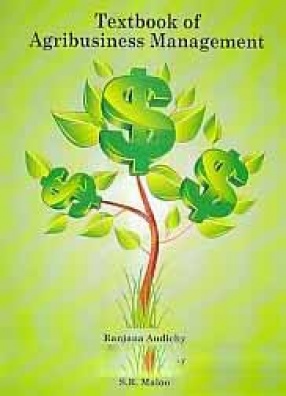
Showing all 6 books


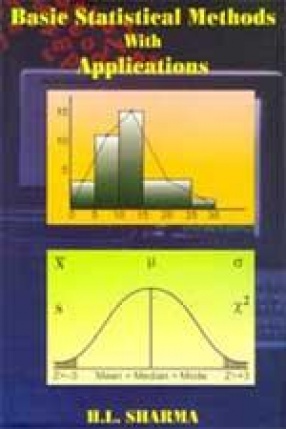

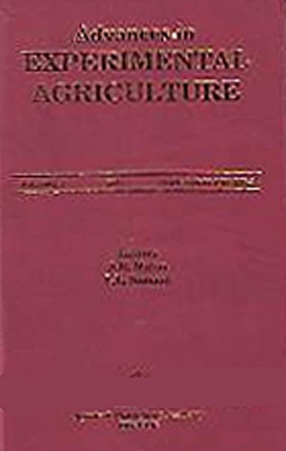
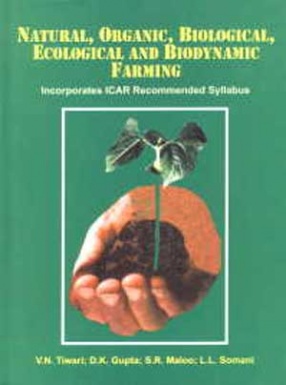
Organic farming methods are widely used in all three groups of countries (developed, developing and underdeveloped) in the world. In developing and underdeveloped countries organic farming is mostly preferred due to lack of chemicals and economics while, in developed countries it is accepted for avoiding demerits of chemical fertilizers and pesticides and protecting environment. Organic farming is crop rotations, use of biofertilizers and animal manures, and ...
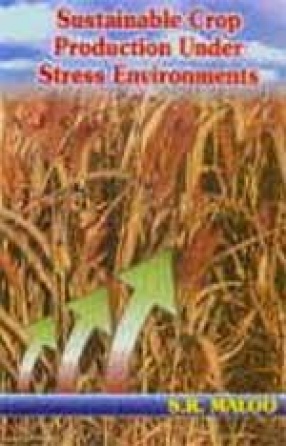
Sustainable crop production systems are extremely meaningful in the context of dwindling natural resources and rising population pressures. Abiotic stresses are the principle sources of yield losses. Sustaining and improving crop production in abiotic stress environments is feasible with new technologies and scientific understanding. The book presents the much needed information on various hostile factors like stresses of moisture, temperature, salinity and ...

This book presents the information on some of the important hostile factors like stresses on moisture, salinity, temperature and their efficient management. Chapters on important aspects like management of salt-affected soils through cultural manipulations, soil physical conditions and their management, and suitability of saline water for irrigation. It includes an interesting chapter on optimal utilization of available water resources and their conservation for ...

Man made fertilizers have come to stay in the present century for increasing the output of agricultural production and to meet ever increasing demand of human population, which has been further accentuated by the limited availability of additional fertile farm land. Industrial nitrogen is heavily dependent on energy derived from fossil fuel which is getting depleted at a very fast rate. On the contrary, biological nitrogen fixation requiring nearly half the ...
